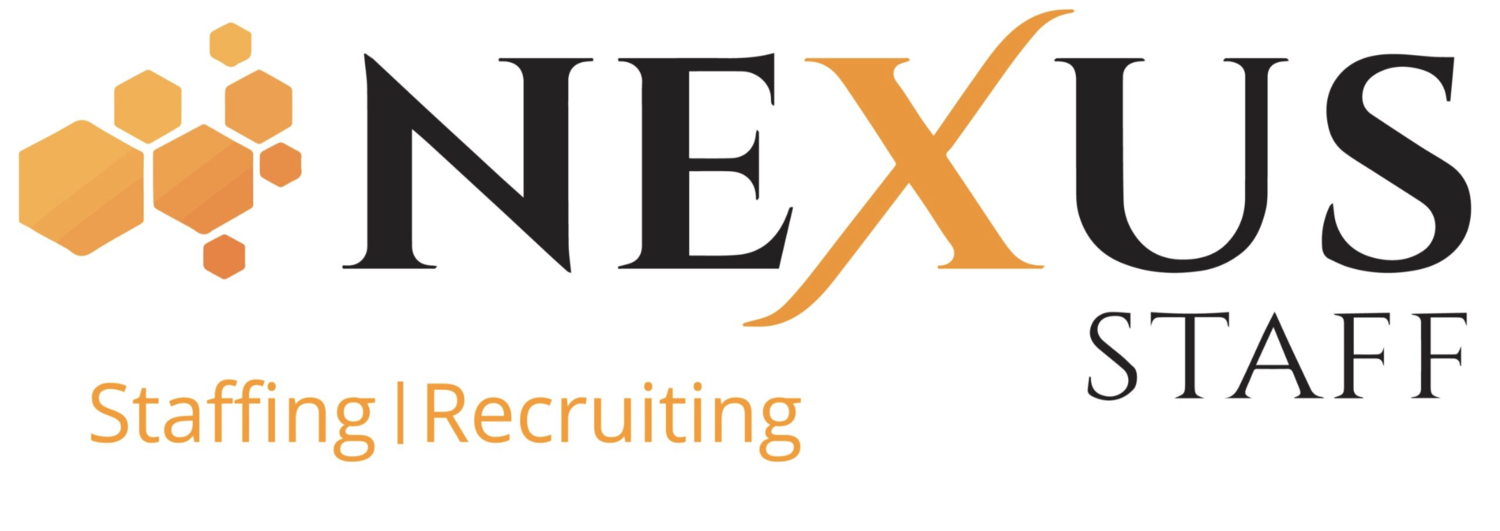How To Turn Down A Job Interview
There are many reasons you may need to turn down a job interview. Perhaps you have already made it through the first round of interviews and quickly realized you would not fit into the company’s culture, you’ve noticed some red flags about the position, or maybe you’ve already accepted a position with another company. Whatever your reason is, you will need to let hiring managers, recruiters, and anyone else involved in your hiring process know you have decided to turn down their interview request. If you’ve found yourself ready to send a rejection email but are unsure of where to begin, keep reading for five important reminders.
Be certain with your decision
First and foremost, if you are considering declining a job interview, it’s important that you are certain you do not want to follow through with the role. If it is just the interview that does not work for you (time conflict, you’re unprepared, etc.) it may be better to reschedule the interview instead. Additionally, if you are just unsure of the position, an interview could be beneficial in order to answer any questions that you have or eliminate any uncertainty. Remember, an interview is a potential employer’s opportunity to learn more about you and understand why you would be the perfect candidate, but it’s also your opportunity to see if the company is right for you. However, if you are sure that you would not like to move forward, it would be better to make this decision prior to interviewing or accepting a job you do not want.
Be prompt
Once you’ve made the decision that you would not like to continue with the hiring process, let the recruiter or hiring manager know right away. Doing so in a timely manner lets everyone involved see that you respect their time and that you are organized, confident, and punctual. As a former applicant, you understand how frustrating it can be to not get the interview you want or to have to work around another person’s schedule. Therefore, quickly informing the recruiter or hiring manager can also give them time to rearrange upcoming interviews and even reconsider previous applicants which then gives previous applicants time to prepare.
Keep your message simple
How much information you include in your message or whether or not you give an exact reason as to why you will need to cancel an interview is up to you. There can be a lot of different factors that go into making this decision such as which stage of the interview process you were in and how many people you have spoken to along the way. However, for the sake of keeping your message professional and concise, you’ll want to keep it as simple as you can. Too much information can be unnecessary and distracting from your point. On the other hand, too little information can be vague and confusing. Again, this message should be simple enough that it gets straight to the point but informative enough that there is no ambiguity about your decision.
Be courteous
In addition to keeping your message simple, you also want to be courteous. Remember to never speak poorly about the company or anyone in particular that you spoke to throughout your hiring process. This could limit your chances of ever working for this company in the future, cost you an important networking opportunity, and of course be a poor reflection of your character. Instead, keep your message courteous. Thank everyone for their hard work and let them know you appreciated the time and effort they put into helping your job search. If you are available to answer any questions or give feedback on their hiring process, be sure to include this information as well.
Alert the correct people
It’s important to let everyone involved in the interview process know that you will not be continuing with the interview. If you have been contacted by a recruiter and the person you would have been interviewing with, make sure to let them both know your situation. In the event that one party is aware of the situation but the other is not, you do not want to be responsible for any confusion or scheduling conflicts. For a personalized touch, send separate messages to each person rather than a generalized email to the entire hiring team. This will show you have carefully thought about your decision and truly did value the time and effort that was put into your prospective hiring.
Declined a job interview without having another lined up? Contact Nexus today to get started with a professional recruiter eager to help you find your next position or check out our list of available jobs here.








